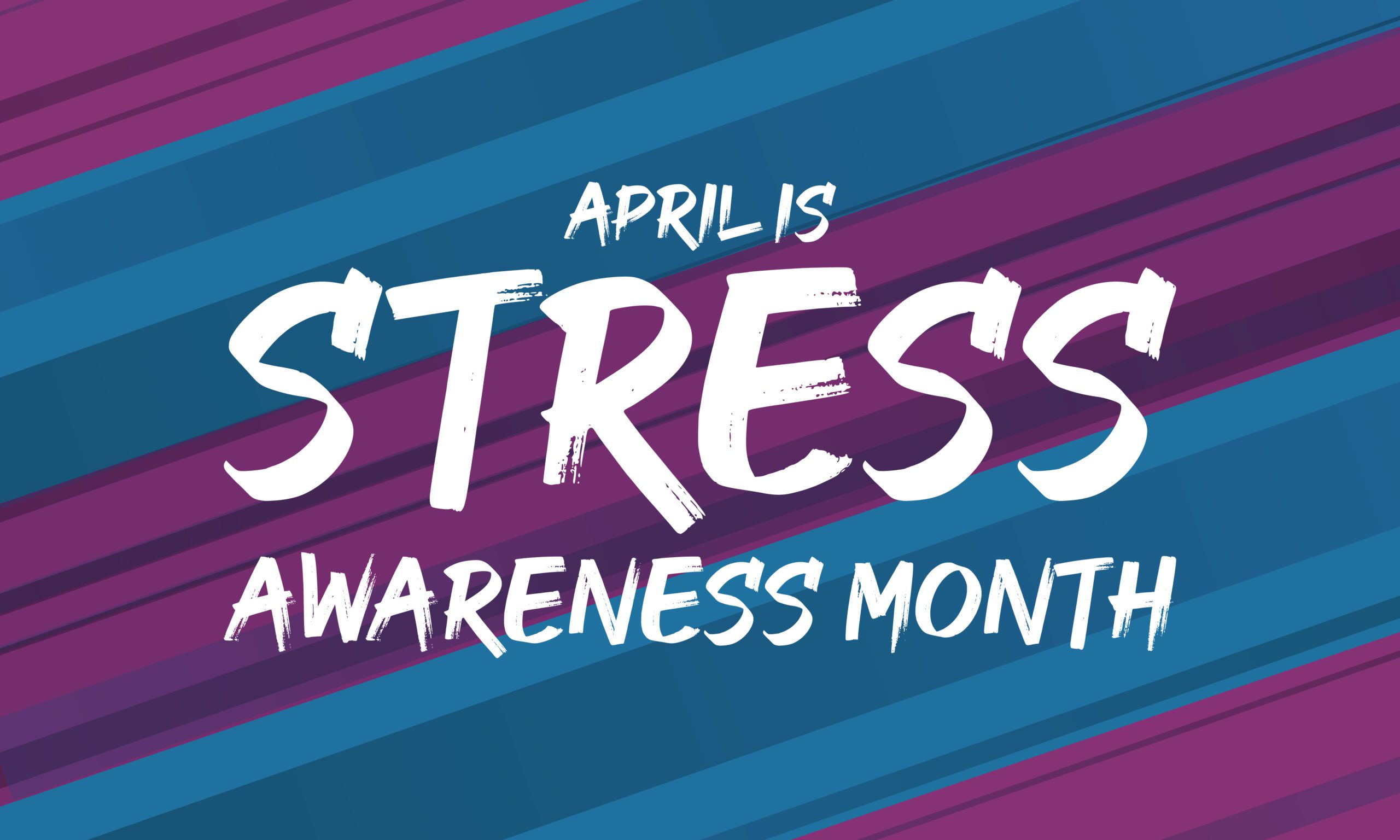Work has long been a source of stress, anxiety and tension. According to a Mental Health America report, 83% of survey respondents said they felt emotionally drained from work. An employee survey conducted by Deloitte found that 77% of respondents have “experienced employee burnout at their current job,” and the American Psychological Association reports that “burnout and stress are at all-time highs across professions.”

It’s easy to understand the causes of this. Consecutive pandemic years, shifting work arrangements and social and political turbulence are exacerbating existing factor like the pressure to be “always on,” longer and less productive work times, unmitigated performance expectations and more.
Of course, the causes of stress and burnout are multifaceted, and no single definition or explanation can account for all scenarios. Nonetheless, the consequences are profound and far-reaching for employers and employees. According to The American Institute of Stress, on a daily basis, 1 million Americans miss work because of stress-related causes, collectively costing companies more than $300 billion.
To navigate this situation, it’s time for companies to get creative and develop solutions that work. One place to start is by allowing employees to stop work entirely for a set amount of time.
Sabbaticals are taking on new relevance in today’s fast-paced, all-in business environment. In fact, many companies see offering these breaks as a way to attract new talent or support existing employees by providing them with the most valuable resource: time. Even so, it’s estimated that just 16% of companies offer a sabbatical, and only 5% compensate employees for this time. For forward-thinking leaders and organizations, implementing a sabbatical program can be a powerful tool for ensuring everyone thrives in today’s professional environment.
How Employees Benefit From Sabbaticals
A sabbatical can be very healthy for the individual because it offers them an opportunity to look at their lives differently.
I recently had an opportunity to complete my sabbatical, and the impact was transformative. As the co-founder and co-CEO of BIGGBY Coffee, I help lead a growing, dynamic organization. This can be overwhelming, but my time away helped affirm that I love my job. The challenge of being an executive is awesome, and my sabbatical was very invigorating in helping me realize that this is absolutely what I want to do.
For many people, a sabbatical is a unique chance to step off the hamster wheel. Since we rarely stop to contemplate the work we perform and its purpose and impact in our lives, these intentional breaks give space to consider these things. This is a great way for employees to renew their commitment to a company or have an opportunity to create a different approach to their work that maximizes meaning and impact.
How Employers Benefit From Sabbaticals
Everyone who works in your organization is essentially a volunteer, especially in today’s labor market. Because sabbaticals give individuals the chance to take a step back and look at the work they are doing, those who come back are making a conscious commitment to your organization. These employees are often the biggest contributors to productivity and success.
Providing sabbaticals can also be a crash course in teamwork and empathy. When employees are on their break, others must step in, understanding that they have an opportunity to serve and support others during their time away. This is a cohesive moment for a team. While it’s more work for everyone else when someone goes on sabbatical, it’s a time when the team supports each other and understands the importance of working together.
Time is the greatest gift we can provide people. As employees struggle with increased stress and burnout, it’s one way companies can support teams both now and in the future. Sabbaticals may not work in every business setting, but the underlying principle—that people need time away from work to maximize their efforts at work—is applicable for every business.
Michael McFall is the co-Founder and co-CEO of BIGGBY COFFEE as well as author of the Inc. Original book GRIND. Read Michael McFall’s full executive profile here.



